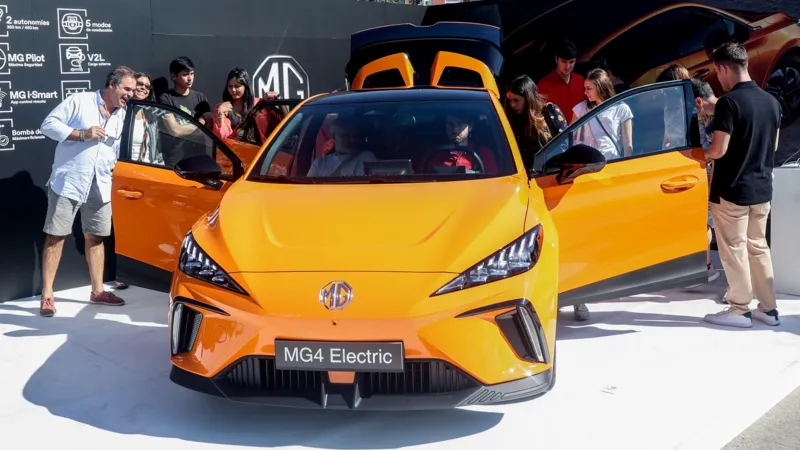The additional 17.4% to 37.6% tariffs on particular manufacturers are levied on top of the 10% levy that was previously imposed on all imports of electric vehicles from China.
As a result, EV prices may increase throughout the EU, making them more expensive for European buyers.
This move intensifies the ongoing trade spat between Beijing and Washington. China’s EV industry is primarily focused on the European Union as its main international market, and the nation is looking to high-tech items to help boost its faltering economy.
According to EU officials, “unfair subsidisation” allowed for this increase in imports.
China has refuted the US and EU’s persistent accusation that Beijing is subsidizing surplus production in order to flood western markets with low-cost imports.
The new levies take effect on Friday, but they are only temporary while the inquiry into Chinese governmental support for the nation’s electric vehicle manufacturers is ongoing.
Who might win and who might lose in this trade conflict, then?
Not just Chinese brands are impacted by this change. Brussels has begun to scrutinize Western companies that manufacture automobiles in China as well.







